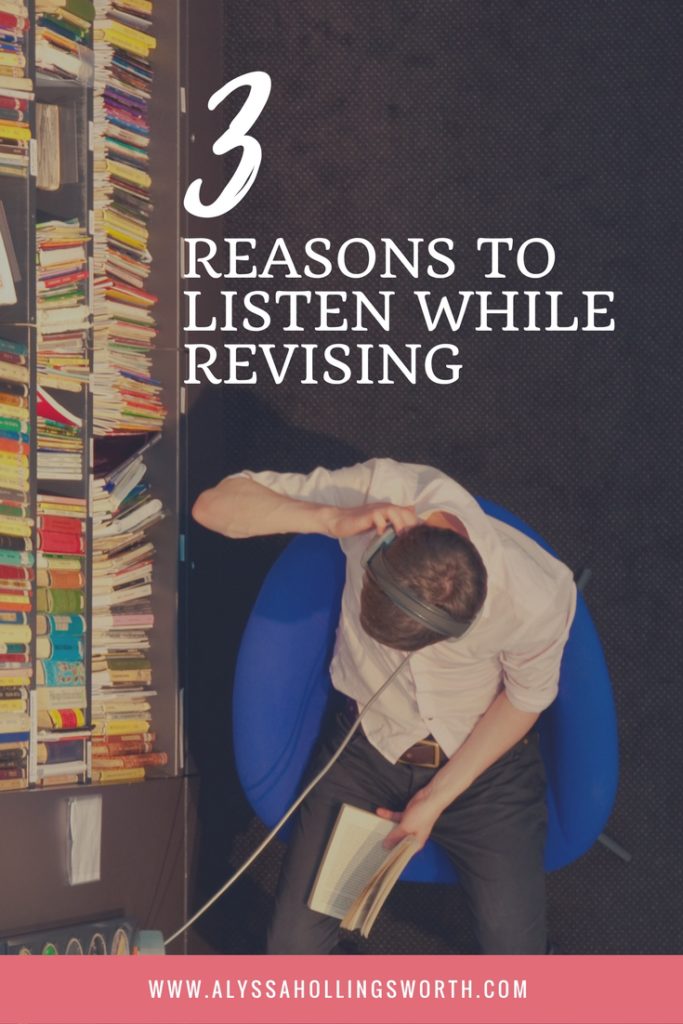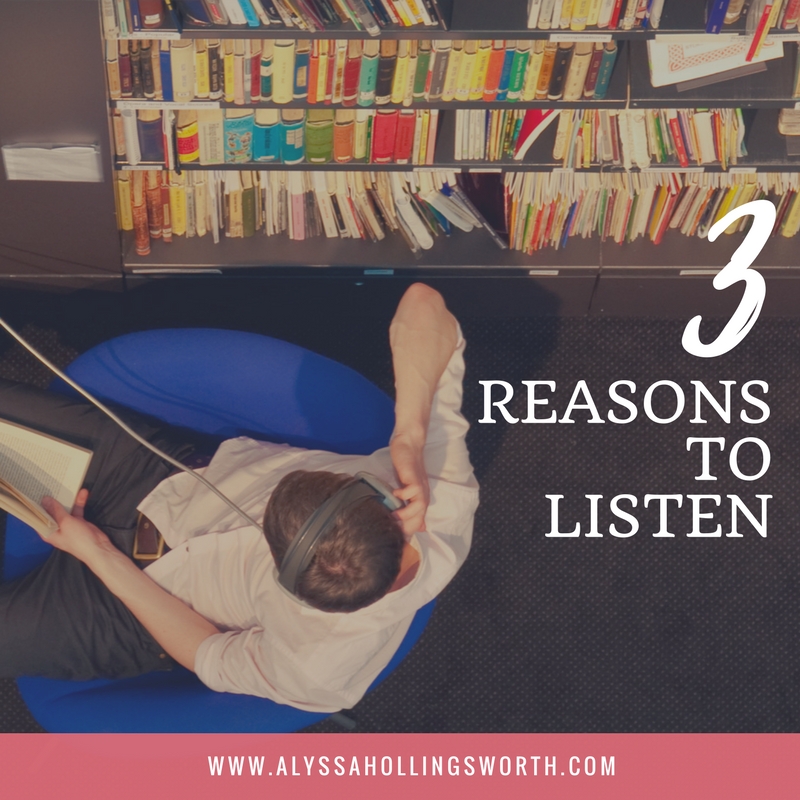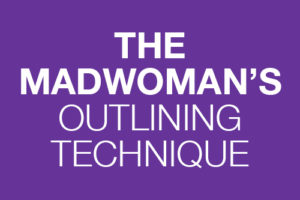 When I was preparing my manuscript for my magical beta readers, I decided to give it a complete read-through in the most merciless way possible. If I expected them to read a 90,000 word novel for me, I wanted to at least make sure they weren’t tripping over typos!
When I was preparing my manuscript for my magical beta readers, I decided to give it a complete read-through in the most merciless way possible. If I expected them to read a 90,000 word novel for me, I wanted to at least make sure they weren’t tripping over typos!
There are three ways you can listen to your text: By reading it out loud to yourself (or, even better, with an audience), by asking someone else to read it to you, or by employing a robot.
I’ve done the first two before and they work well. However, people sometimes read the words they perceive and not the words written, which accidentally smooths over typos. This time, I had a robot read to me while I followed along, and I found it might be my favorite method so far.
1. Audio strips all emotion.
When the voice reading your story is a robot, it becomes less about the content or emotional impact of a scene and more about the raw words. I found myself in-tune to what my sentence structures and word choices were doing, and I could more easily sense when my descriptions got clumsy or when I used “he/she said” a time too many.
2. Audio doesn’t sugarcoat or scan.
As I mentioned earlier, real people will sometimes read the text that should be there—not always the text that is there. One thing in particular that I noticed in this trial was my unintentional rhyming. When an audio robot reads a rhyme, there’s no way out of it—it’s there, and it’s got to be changed.
3. Audio moves fast.
I normally edit on a chapter-by-chapter basis, mostly because my brain can’t function on intense revisions for longer sections. But this week in the space of a few hours my robot read me the entire first arc of my story. I started catching things that only appear in the bigger picture (like the amount of times I said “gesture” in the course of a few chapters, or when I repeated a word in my closing hook of one chapter and the opening hook of the next).
As I let it play, and I highlighted whatever stood out as awkward or in need of touching up, but I did not stop until I reached a chapter break. This kept me from getting bogged down so that I moved forward to new content.
And, let me tell you, I caught a lot of mistakes I’m glad won’t see the light of day…
The audio readers I use:
1) Scrivener ($40) comes with an audio guy who’s pretty good (I used him for my entire manuscript this time through). Just right-click your open document and select Speech > Start Speaking.
2) Natural Reader ($70 for two voices—free version also available, but with less options) is another recommendation. One benefit of this reader is that you can make an MP3 and carry it around with you. You can also make the reader speak in a British accent, which makes everything sound more epic.
Do you listen to your work? Which do you prefer: Humans or robots?


















